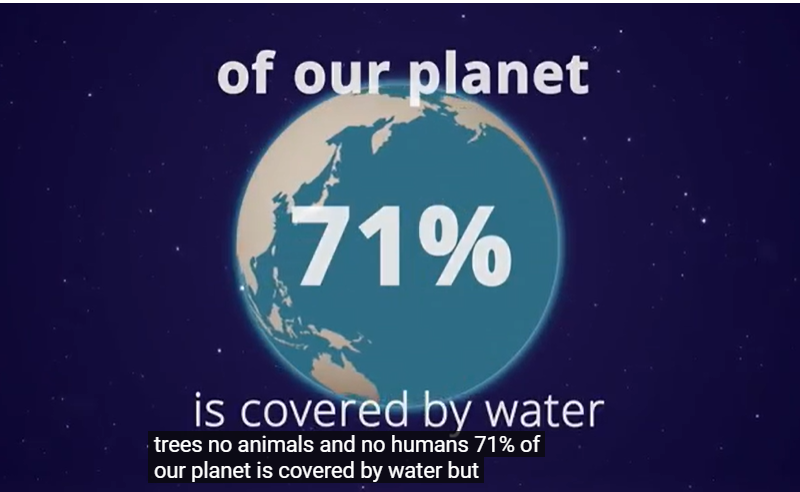City Practitioners Handbook: Circular Food Systems. ICLEI – Local Governments for Sustainability (2021)

DESCRIPTION
The Practitioners Handbook series aims to support local governments, which have already identified priority sectors or materials they wish to apply circular economy principles to. The series offers sector-specific guidance to support city officers in identifying practical circular economy interventions in collaboration with stakeholders from businesses, academia, civil society, and more.
This handbook combines learnings from both approaches and builds on existing work and local good practices to offer practical recommendations for designing circular food systems at the local level that also deliver socio-economic benefits. It aims to provide city practitioners with tools and examples to help them turn the concept of circular food systems into tangible local actions.
The handbook is built around three key steps to facilitate the transition to circular food systems and it’s divided in:
- The role of cities in food systems transitions
- The negative socio-economic and environmental impacts of linear food systems
- How the circular economy can help address these impacts
- Defining the food system linked to your jurisdiction and identifying challenges and opportunities
- Mapping and engaging stakeholders in co-creation processes
- Designing a collaborative governance framework for circular food systems
- The Action framework for screening circular economy interventions
- Concrete examples of circular economy interventions at the local level
- Guidance on prioritizing circular economy interventions with relevant stakeholders
- An overview of policy tools to achieve circular food system goals
- A replicable methodology to develop policy mixes that address the food value chain
- Concrete and practical examples of circular food systems policy tools implemented by local governments around the world
Each step of this handbook includes examples of local governments that have paired their circular economy efforts with initiatives to promote social equity and health. These demonstrate the ability of both agendas to support each other provided such synergies are appropriately planned for.
RELEVANCE
This handbook provides local governments with concrete tools their peers are using to facilitate the transition to circular food systems, from stakeholder engagement to designing effective policies. It draws on experiences from the ICLEI network and its Circular Development pathway, learnings from the ICLEI-RUAF CITYFOOD Network and best practices from the Milan Pact Awards. This publication features experiences from 50 local governments and was designed by ICLEI experts in collaboration with champion cities for the benefit of city practitioners. It contains policy instruments at the local government level.
LINK
CITY PRACTITIONERS HANDBOOK: Circular Food Systems
SOURCE
Local Governments for Sustainability (ICLEI)
LANGUAGES
English
YEAR
2021
Bringing INnovation to onGOing water management – A better future under climate change
Cases, Economic Development, Energy, Environment & Climate ChangeUbicaempresa: How to locate your business in the Metropolitan Area of Barcelona
Cases, Economic DevelopmentDate
2021





